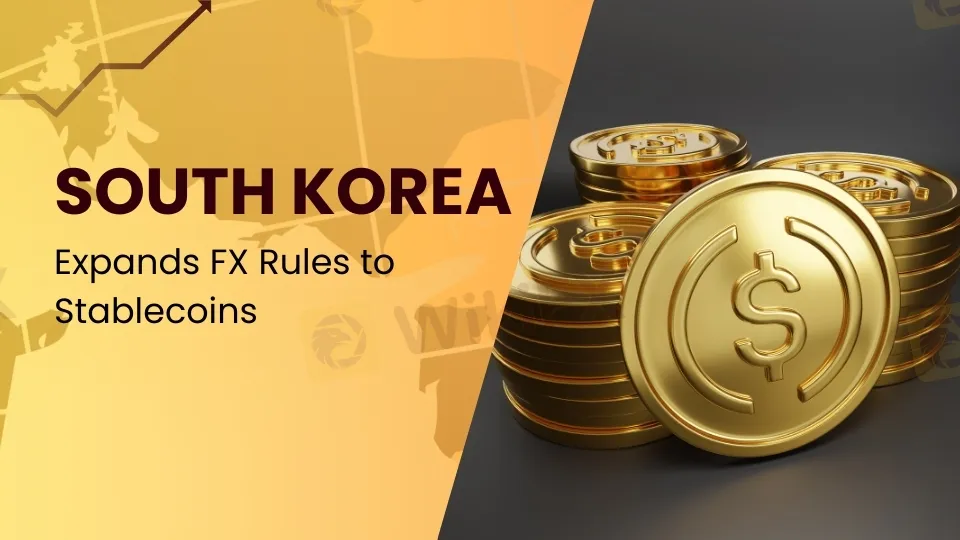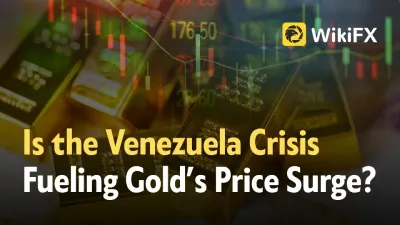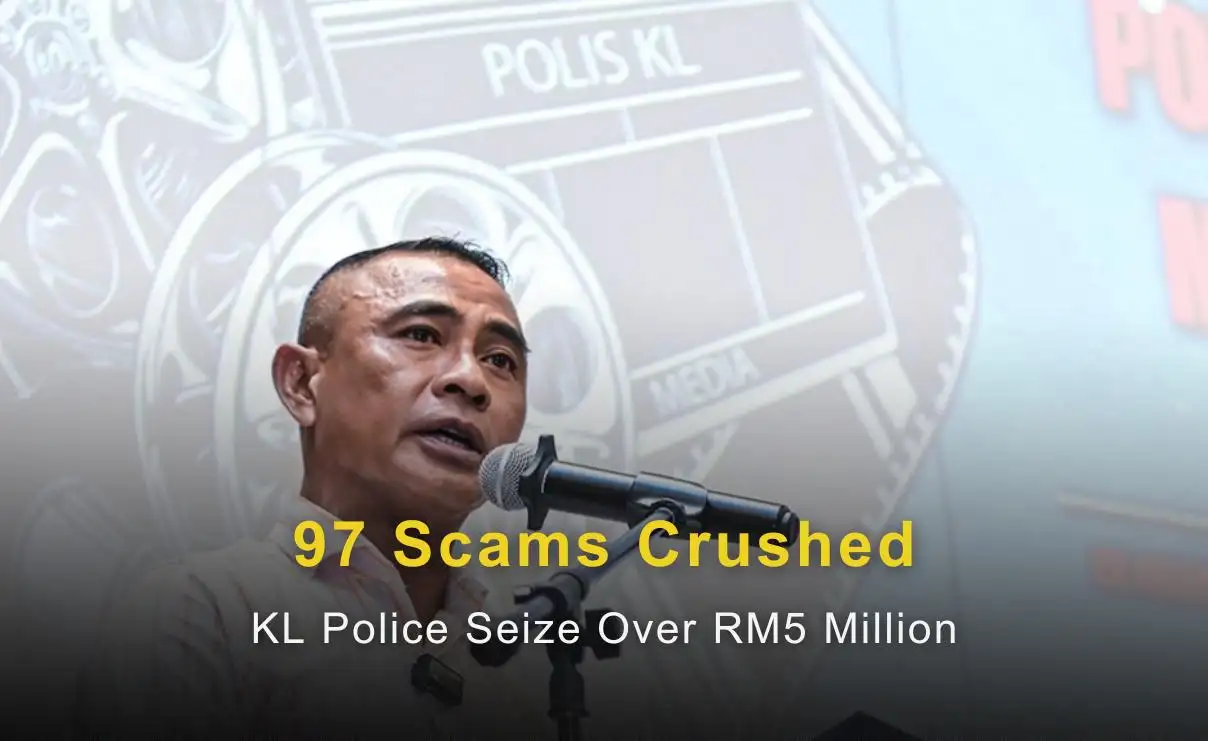IG Boosts Cash Interest, Drops Account Fees for UK Investors
IG raises rates on uninvested cash and removes inactivity fees, joining a growing trend among brokers targeting UK retail investors.
简体中文
繁體中文
English
Pусский
日本語
ภาษาไทย
Tiếng Việt
Bahasa Indonesia
Español
हिन्दी
Filippiiniläinen
Français
Deutsch
Português
Türkçe
한국어
العربية
Abstract:South Korea expands FX regulations to include stablecoins, focusing on cross-border transactions and investor protection measures for safer crypto trading.

South Korea's government is adding stablecoins used for cross-border deals to the list of things that can't be used as money. The Ministry of Economy and Finance will take new steps to improve stablecoin operations. Stronger rules are needed for stablecoins as they are used more in global activities.
Under the next part of the Virtual Asset User Protection Act, the Financial Services Commission (FSC) will be in charge of stablecoins. This will clarify how stablecoins tied to the South Korean won should be used. Also, the FSC will make rules for stablecoins that are linked to other currencies. For this, the FSC will work with Japan and the EU authorities. Japan just recently changed the rules for stablecoins, and the EU has put the Markets in Crypto-Assets (MiCA) rules into effect.
The rules for foreign exchange in South Korea will now cover deals with stablecoins that happen across borders. The market for stablecoins is changing a lot. To keep the market steady and lower the risks of foreign trades, the goal is to have clear rules for creating and selling stablecoins. These rules fix the problems with stablecoins, especially the fact that they make it easy to move money between countries.
The 20% tax on bitcoin gains will not go into effect in South Korea until 2028. This is the third time that this tax has been put off. It was first planned that the tax would go into effect in January 2022, but investors and experts would prefer something else. It would be right to tax cryptocurrencies with clear rules, said President Yoon Suk-yeol. This wait protects investors and gives the crypto market time to grow.

The goal of the wait is to help South Korea's crypto market grow. It gives the business community time to develop while officials work on making things more transparent and safer for investors. This change will be closely watched by crypto buyers, traders, and experts because it could have an impact on South Korea's place in the world market.
When it went into action on July 19, the Virtual Asset User Protection Act made the rules for virtual asset service providers (VASPs) tighter. As part of these rules, users' funds must be kept separate, and customer accounts must be maintained with banks. To increase customer trust, the rule also says that tokens posted on platforms must be reviewed on a frequent basis.
If you don't follow these rules, you could face jail time or fines of up to five times the illegal earnings. This act aims to improve the crypto market for buyers and open up the market for digital assets.
The new rules in South Korea are part of a global push to keep stablecoins and other digital assets under control. After Terra failed in 2022, Japan put in place rules that stopped non-banking organizations from issuing stablecoins. The rules were lifted in 2023. EU's MiCA law had an effect on the global stablecoin market as well, forcing assets that didn't follow the rules to be taken off of platforms.
Like the rest of the world, South Korea is trying to control stablecoins, protect investors, and put off crypto taxes. Focusing on stablecoin foreign exchange rules and making it easier to use stablecoins to buy things across borders, South Korea wants to ensure everyone has a safe and transparent financial environment.
Stay informed on the latest in South Korea's stablecoin regulations and global crypto trends. Visit WikiFX news for full coverage and expert insights.

Disclaimer:
The views in this article only represent the author's personal views, and do not constitute investment advice on this platform. This platform does not guarantee the accuracy, completeness and timeliness of the information in the article, and will not be liable for any loss caused by the use of or reliance on the information in the article.

IG raises rates on uninvested cash and removes inactivity fees, joining a growing trend among brokers targeting UK retail investors.

Sundramoorthy said investment scams continued to ensnare victims from all walks of life, including highly educated professionals accustomed to analytical and evidence-based thinking

Gold surges past $4,500 amid global unrest and rate-cut expectations, with investors eyeing the upcoming US jobs and PMI reports.

Police busted 97 online scam cases and seized more than RM5 million, in a series of integrated operations conducted in the capital throughout last year.
